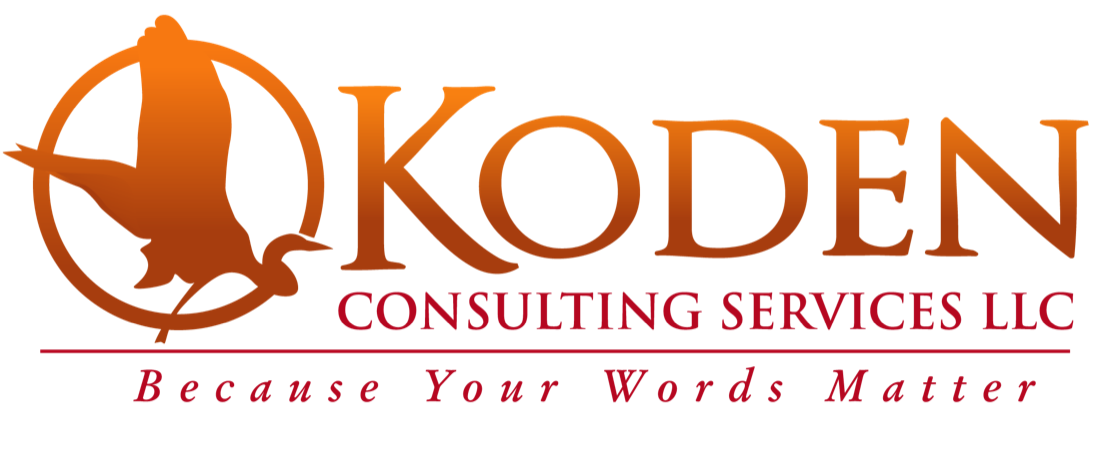
When the unthinkable happens, how do you find your way forward?
Trauma in the workplace takes many forms.
FBI statistics report increasing violence in the workplace since 2012. In 2013 suicides in the workplace jumped 12% and since 2015 our country has averaged 1 school shooting a week (except during 2020), now so common most don't make the news.
For the last 30 years (30yrs!), companies have conducted bullying and sexual harassment prevention training with dismal outcomes and no actual data showing that it works. Studies report North American businesses average 2.5 times more workplace bullying than Scandinavian or European countries.
Being the target or by-stander of workplace abuse can be traumatizing and is a key driver of burnout and work-related stress that is a $300 Billion a year problem for U.S. companies.
From workplace violence and natural disaster, to bullying, major lay-offs and returning to the office after COVID, crisis at this level routinely impairs psychological safety and productivity for an extended period of time.
Consequently, leaders and staff often find previous goals and performance expectations pointless and the very mission of an organization can become insignificant to stakeholders.
The traditional approach is to call in EAP and/or specialized grief counselors. This work is important but often falls short, failing to address key elements of crisis and trauma and often ends far too soon.
The work of unwinding from workplace trauma takes longer and is more complex than most of the current so-called solutions admit.
The long-term impact and costs of workplace trauma routinely go unidentified with leadership mistakenly assuming the crisis is over. But what happens to your organization when people start resigning, ‘quiet quitting’, suffering from burn out-or all of the above? The workplace culture may in fact become more crisis filled in the future.
We have the expertise to mentor your organization, at all levels, through the unique aftermath issues of workplace trauma and crisis.

It is possible to recover calm in the wake of crisis but you’ll need help getting there.
Your EAP services are not enough.
Bringing specialized expertise into the workplace rather than hoping employees will seek support themselves through your EAP sends a strong and proactive message about the commitment the organization has to its people- that their mental health matters. It increases the likelihood that those who need help get it, when they need it most.
Many employees will not avail themselves of EAP or community services out of concerns for confidentiality, avoidance or a belief they can manage on their own-so they mask their struggles and slowly go down hill. When employees feel part of a cohort receiving the same support, it removes stigma by legitimizing and reinforcing that getting help is strength in action.
We come in after the grief counselors have left, when the bewilderment of ‘what now’ and 'how do I do this' sets in for leadership and teams in the aftermath when initial resources and interventions have concluded. Grief counselors and crisis intervention specialists can’t help you manage the longer-term consequences of workplace trauma.

Help with navigating the coordination of immediate responses and the longer-term aftermath of crisis in your organization is available.
Call us. It’s what we do.
What is The Big Mistake businesses make in the aftermath of workplace trauma and destabilizing events? Going it alone without seeking the right kind of help-resulting in bad decision-making based on inaccurate assumptions and a ruinous misalignment with staff amidst the realities of human responses to trauma.
Conventional wisdom aka ‘wishful thinking’, assumes the organization will muddle through and eventually get back to normal on its own.
It won't.
Why? Because the 'normal' that existed before the event has been irrevocably changed and your people have been changed. Trying to create a facsimile of 'the way it used to be' is another big mistake made in the aftermath of disruption and a primary reason why people become frustrated, resentful, disengaged and unproductive. It simply does not relate to what they’re experiencing. It's why key talent leaves. It's why leaders feel like fish out of water. It's why businesses go under.
"I enjoyed the program and am very appreciative of the knowledge level & information provided. I came in expecting more of the same info we've always been given & I left with a lot of knowledge & different perspective & different tools for my job and personal life.”
~Resilience Building workshop evaluation
